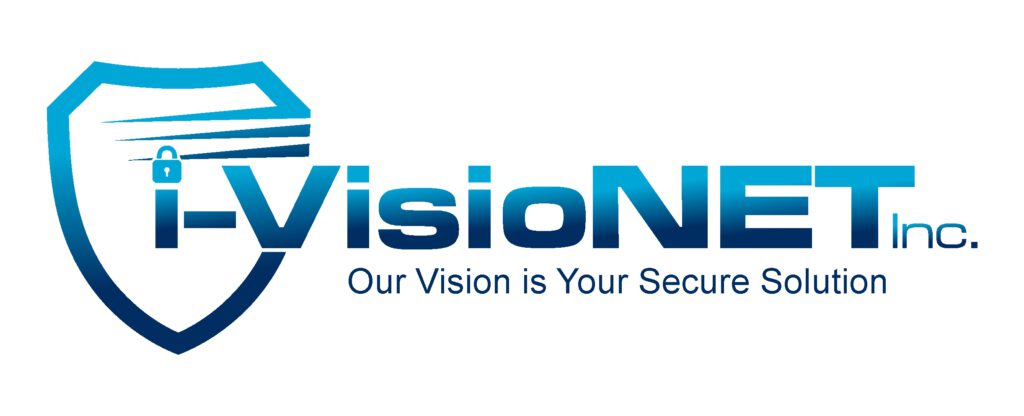
To the untrained eye, cyber threats might seem rare. However, there are over 30,000 websites hacked daily. Even some of the largest companies like Bank of America, Ford Motor, and Delta Airlines have fallen victim to cybercrime.
Unfortunately, that means a hard-hitting cyber attack is a real possibility. Lucky for you, we’ve written this article to showcase the five most expensive hacks you’ll want to avoid, plus how to prevent them.
We understand that your company’s cyber security and your customers’ data is paramount. I-VisioNET can assist your company in implementing stronger cybersecurity standards and becoming compliant to NIST-800-171 and CMMC 2.0.
Protect your business by contacting us today for all your information security needs.
1.Ransomware ($20 billion in damages)
Ransomware is a type of malware. It encrypts your data and holds it for ransom until you pay the attacker a sum of money (usually in cryptocurrency). In 2021 alone, ransomware caused more than $20 billion in damages worldwide (57x more than in 2015).
2. Social engineering ($6.9 billion in damages)
Ransomware is a type of malware. It encrypts your data and holds it for ransom until you pay the attacker a sum of money (usually in cryptocurrency). In 2021 alone, ransomware caused more than $20 billion in damages worldwide (57x more than in 2015).
3. SQL injection attack ($200k+ to handle)
SQL injection attacks are still the third most common cyber threat. This attack occurs when malicious code is inserted into an input field on a web page, resulting in unintended actions. For example, an attacker can insert code that deletes data from your database. The average cost to manage an SQL injection attack is $200,000.
4. Distributed denial of service (DDoS) ($200k to $4 million to handle)
A DDoS attack is a type of cyber attack that overloads a system with requests, making it unavailable to legitimate users. The attacker achieves this by using a botnet, a network of hijacked devices controlled remotely. In 2021, the average cost of a DDoS attack was $200,000-$4 million, depending on the size of your company.
5. Phishing ($1 million per hour)
Phishing is a type of social engineering attack in which the attacker poses as a trustworthy entity to trick you into revealing sensitive information or performing an action. For example, an attacker may pose as someone within your company, asking for passwords or credit card numbers. They may also send you a malicious email attachment that, once opened, can infect your system with malware. Phishing attacks cost organizations $1 million per hour on average in 2021.
Prevent cyber attacks
Despite the high cost of cyber attacks, there are steps you can take to protect your business:
- Educate your employees: Your employees are the first line of defense against cyber threats. Be sure to educate them on different types of attacks and what to do if they notice one occurring.
- Have a plan: In a cyber attack, you’ll want a plan to minimize the damage. This should include isolating affected systems, backing up data, and contacting law enforcement.
- Implement information security measures and proper security standards for your network.
- Get prepared for the CMMC 2.0 audit and NIST 800-171 requirements
Setting up security measures doesn’t always have to be done in-house. In fact, we highly recommend engaging a specialist with the experience and expertise you need to protect your business and data. From commercial companies like Accenture and Deloitte to government agencies, our experienced team of cyber experts will help prepare your firm for regulatory compliance requirements in order to protect your data.
We ensure all our clients are protected against the ever-growing amount of cyberattacks and criminal activity. We are a certified CMMC Registered Partitioner Organization (RPO) with a dedicated team of CMMC certified staff ready to provide your firm with top-tier Cyber security services. So, contact us today, and let’s see how we can improve your cyber security posture.



